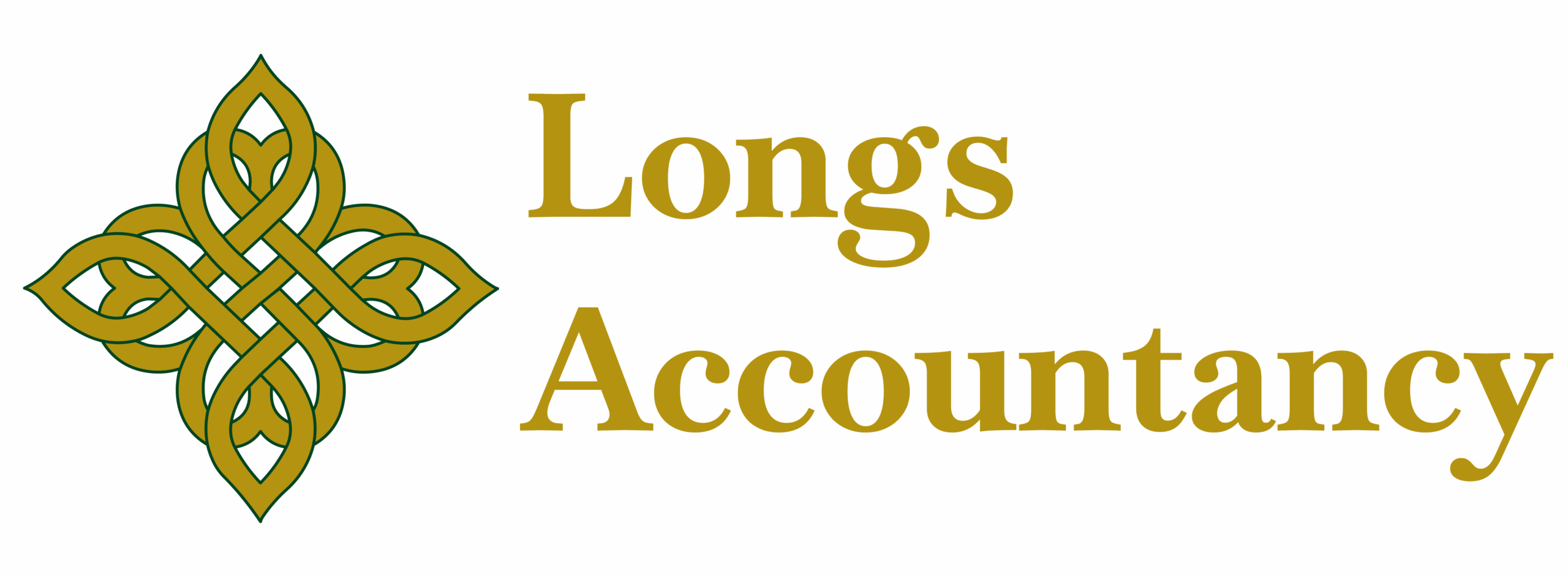Personal Tax Returns
As the name suggests, “self-assessment” tax returns can be done by you. The problem is that the tax laws are vast, complex and change depending on your circumstance. Are you confident that you have reported the right income? Included all the relevant expenses? Taken the right relief? Trying to figure all of that out without professional training can cause a huge headache. Why waste your time and energy stressing? Let a tax expert deal with it in a matter of hours.

Personal Tax Returns FAQ's
WHEN DO I NEED TO REGISTER FOR SELF ASSESSMENT?
You must Send a tax return if you were self-employed and had gross revenues of more than £1,000, you were a partner in a business or partnership, you had to pay capital gains tax or have any untaxed income such as from rental property, dividends or interest from savings.
CAN YOU DEAL WITH HMRC FOR ME?
We need you to authorise us but yes, most issues we can and will sort for you.
WHAT IS THE DEADLINE TO SUBMIT A SELF ASSESSMENT?
The deadline to file and pay your self-assessment is 11.59 pm on 31st January. We recommend having your self-assessment filed no later than September.
WHAT ARE PAYMENTS ON THE ACCOUNT?
Payments on account are payments made towards your next tax bill. You must make these payments if your tax liability is more than £1,000 and you paid less than 80% of your liability through PAYE.
WHAT RECORDS SHOULD I KEEP?
The type of records depends on where your income comes from. We will assess your sources of income during our first face to face meeting and let you know exactly what we need.
WHAT IS CLASS 4 NATIONAL INSURANCE?
If you are self-employed and your profits are more than £12,570 you must pay class 4 contributions. You pay 6% on profits between £12,570 and £50,270 and 2% on profits over £50,270.
WHAT IS CLASS 2 NATIONAL INSURANCE?
If you are self-employed, you pay Class 2 National Insurance contributions to help qualify for certain benefits like the state pension. It is treated as having been paid if your self-employment profits are £6,725 or more, meaning you don’t have to pay it to get the benefit. You need 35 qualifying years on your national insurance record to qualify for full state pension. It is very important to make sure your national insurance record is on track, so you get the maximum state pension when you retire.
HOW MUCH TAX WILL I PAY?
It depends on the level of your earnings. Click here to see the current income tax rates.
HOW DO I PAY MY SELF-ASSESSMENT TAX BILL?
Click here to see how to pay your tax bill. You will need to quote a reference with your payment. This will be your Unique Tax Payer reference followed by the letter K.
WHAT ARE THE PENALTIES FOR NOT FILING MY SELF ASSESSMENT?
You will receive an Initial penalty of £100.
